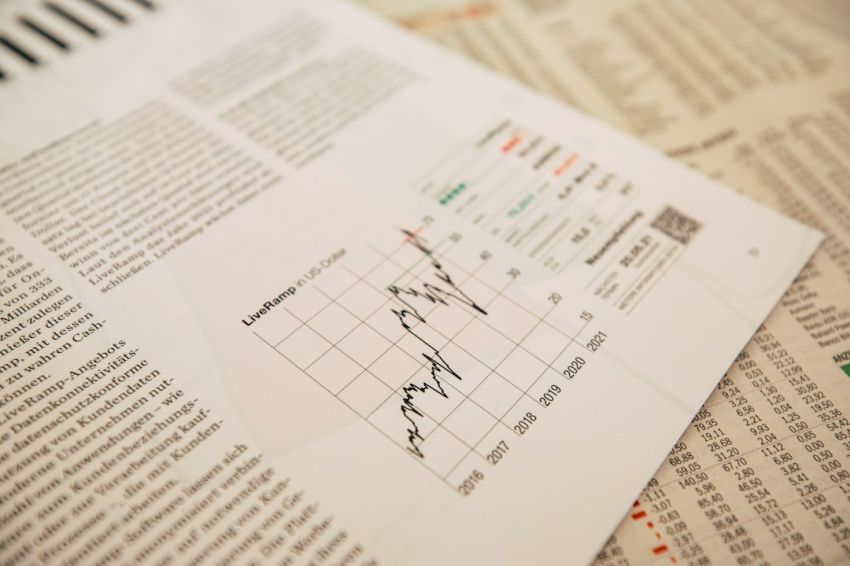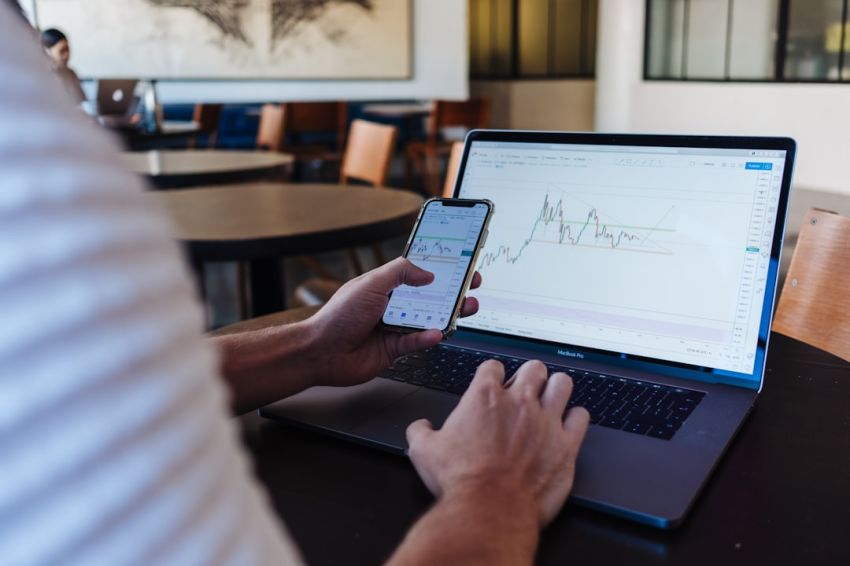Futures contracts play a pivotal role in commodities trading, offering traders and investors a valuable tool for managing risks and speculating on price movements in various markets. Understanding the function and significance of futures contracts is essential for anyone looking to participate in commodities trading effectively. Let’s delve into the world of futures contracts and explore their role in this dynamic market.
**The Basics of Futures Contracts**
In commodities trading, futures contracts serve as standardized agreements to buy or sell a specific quantity of a commodity at a predetermined price on a future date. These contracts are traded on organized exchanges, providing liquidity and price transparency to market participants. Unlike forward contracts, which are customized agreements between two parties, futures contracts are standardized and can be easily bought or sold before their expiration date.
**Risk Management Tool**
One of the primary roles of futures contracts in commodities trading is risk management. By entering into futures contracts, market participants can hedge against price fluctuations in the underlying commodities. For example, a farmer can use futures contracts to lock in a price for their crop months before the harvest, protecting themselves from potential price declines. Similarly, a manufacturer can hedge against rising commodity prices by taking short positions in futures contracts.
**Speculation and Price Discovery**
Futures contracts also serve as a vital tool for speculators looking to profit from price movements in commodities markets. Speculators, including individual traders and institutional investors, play a crucial role in providing liquidity and driving price discovery in these markets. By taking long or short positions in futures contracts, speculators can capitalize on market trends and generate profits based on their market expectations.
**Leverage and Margin Trading**
Another key aspect of futures contracts is the use of leverage, which allows traders to control a large position with a relatively small amount of capital. This feature makes futures trading attractive to investors seeking amplified returns on their investments. However, leverage also comes with increased risk, as losses can exceed the initial margin deposit required to enter into a futures contract. It is essential for traders to manage their risk effectively and use appropriate risk management strategies when trading futures contracts.
**Market Liquidity and Efficiency**
Futures contracts contribute to the overall liquidity and efficiency of commodities markets by providing a centralized platform for price discovery and trading. The high trading volume in futures markets ensures that buyers and sellers can easily enter and exit positions at competitive prices. This liquidity benefits market participants by reducing transaction costs and minimizing price discrepancies between different market participants.
**Regulatory Oversight**
Futures contracts are subject to regulatory oversight by government agencies to ensure fair and transparent trading practices. Regulatory bodies such as the Commodity Futures Trading Commission (CFTC) in the United States oversee futures markets to prevent fraud, manipulation, and other illegal activities. Regulatory oversight helps maintain market integrity and investor confidence in commodities trading.
**Conclusion: Empowering Traders in Commodities Markets**
In conclusion, futures contracts play a crucial role in commodities trading by providing market participants with essential tools for risk management, speculation, and price discovery. These standardized agreements enable traders to hedge against price fluctuations, profit from market movements, and contribute to the overall efficiency of commodities markets. Understanding the role of futures contracts is essential for traders looking to navigate the complexities of commodities trading successfully and harness the opportunities available in these dynamic markets.










